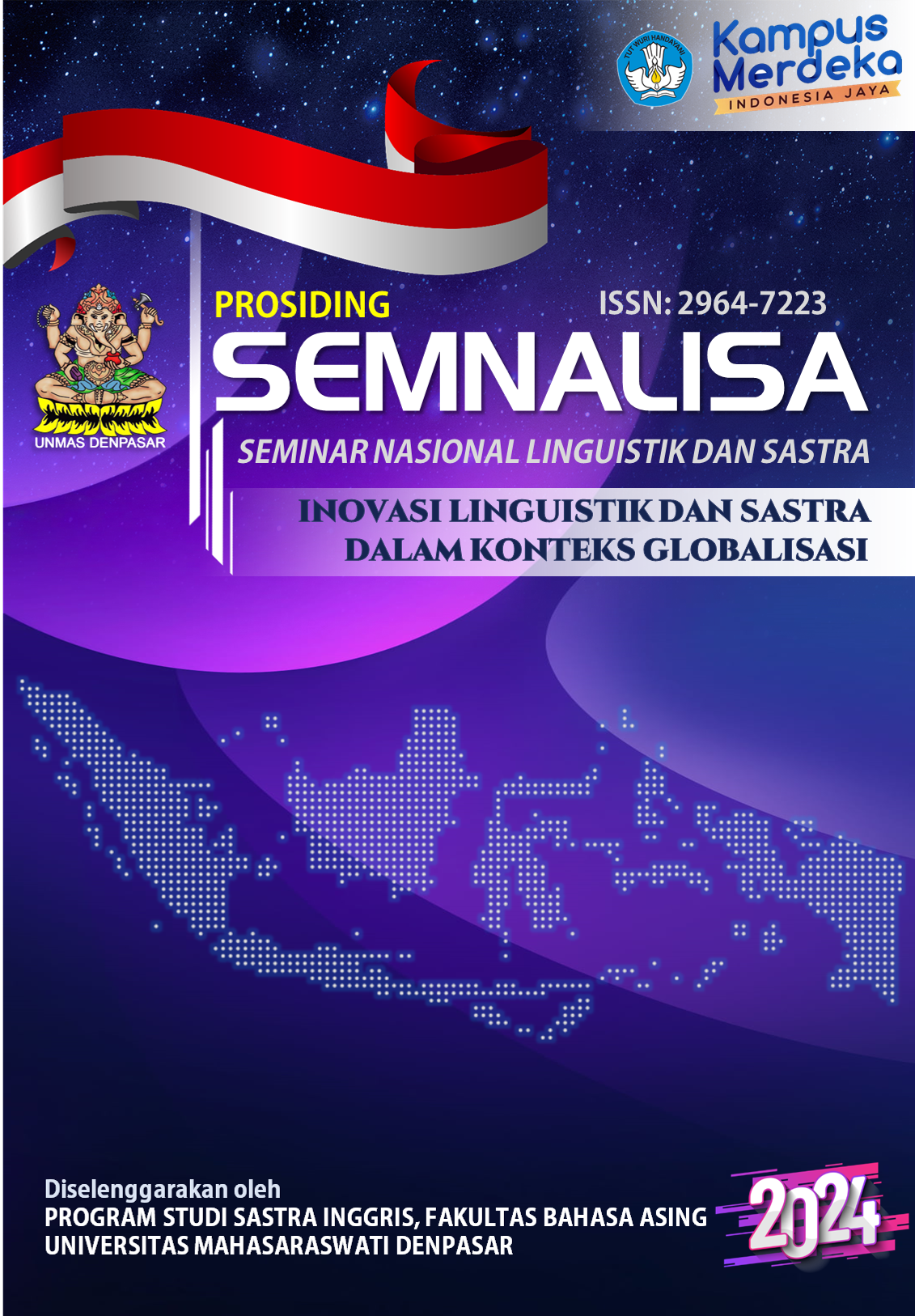Social Cognitive Affective Mapping of Social Media Language: A Forensic Linguistics Study
Keywords:
social media, cognitive, forensic linguisticsAbstract
Social media language could lead someone in different concepts of an expression. The intention of a facebooker for example could be misinterpreted by public due to different culture or the way to mean something. Therefore, the misperception is going to lead people in crimes. This study focuses on maintaining facebookers’ cognitive language be in line with dominant social cognitions. Further, this study provides language evidence on social media that are potential to criminals. In conducting this study, the mix method study was applied. Cognitive Affective Map (CAM) proposed by Thagard (2010) was implemented. Further, the blended theory by Ungerer and Schmid (2006) were the foundation theories in analyzing the data. The result indicates that social cognitive affective mapping could control social media due to the way of expressing one’s intention by considering appropriate words in certain context and media with three linguistics points, such as; word’s concepts, participants of text and word orders.




